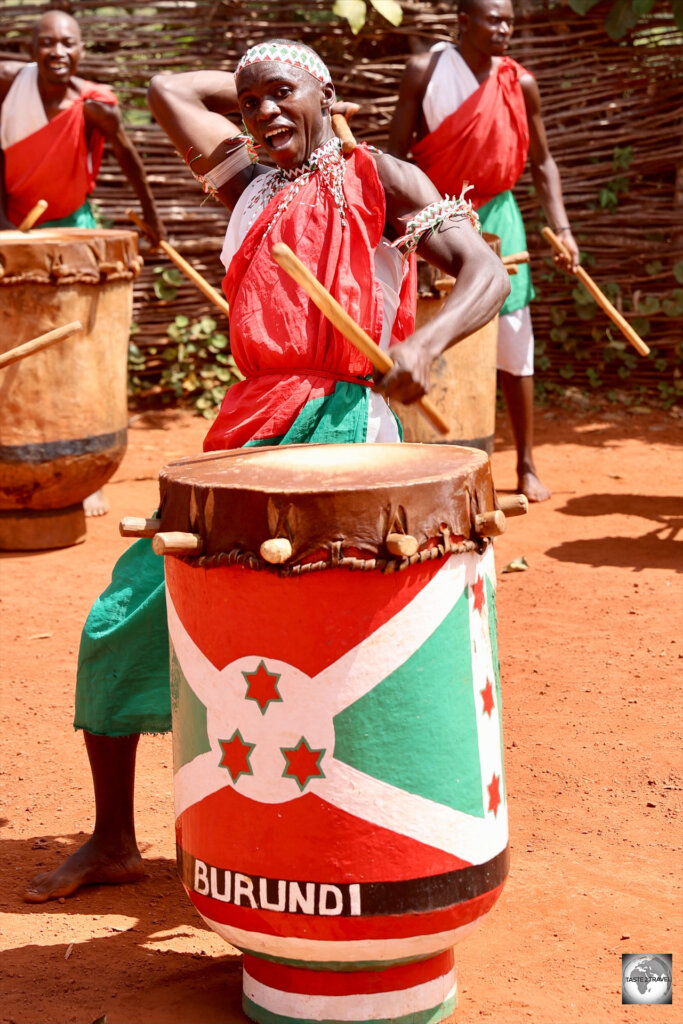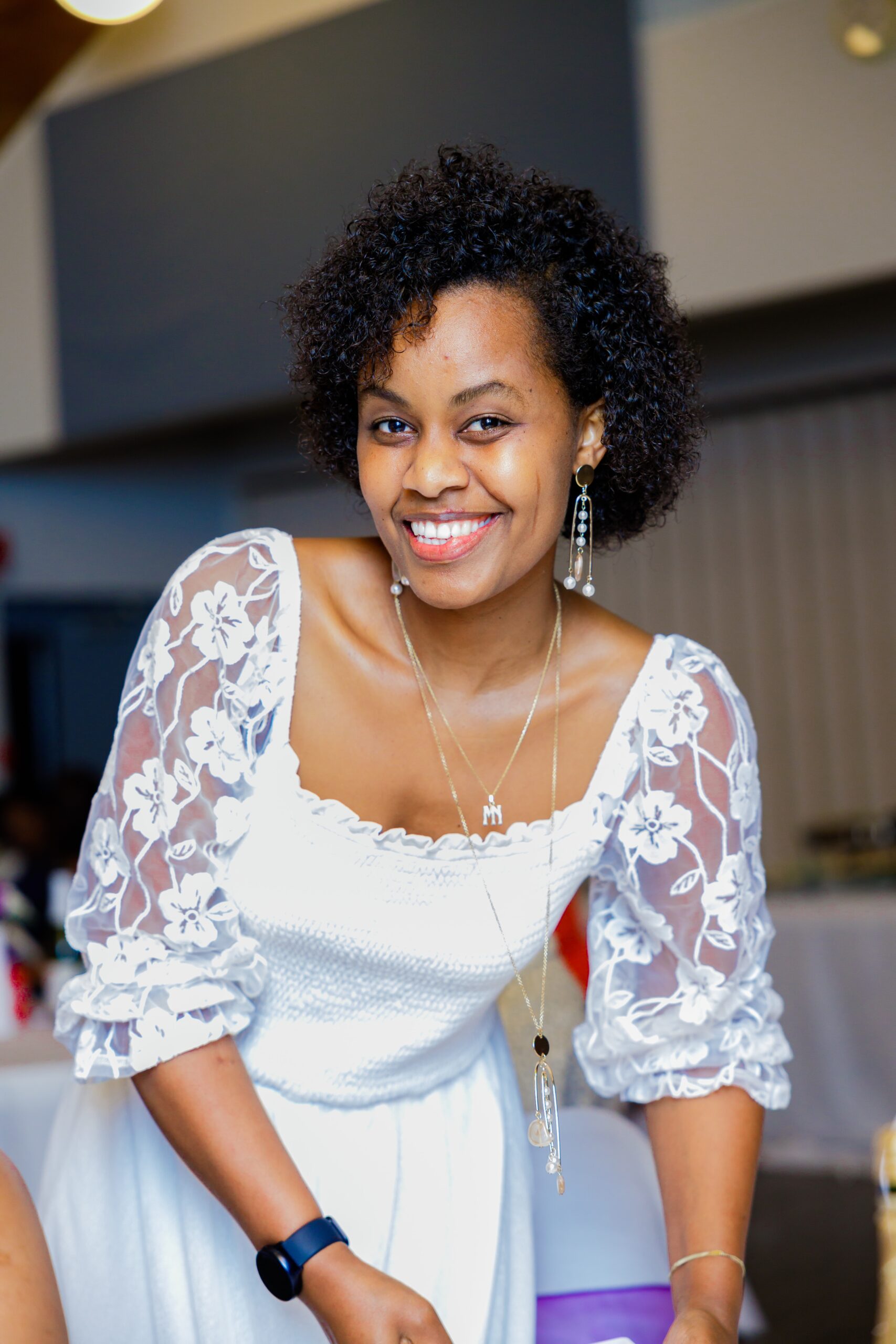
Photo by Augustine Tours
Burundi
Burundi is a landlocked country located in the African Great Lakes region of East Africa. It is bordered by Rwanda to the north, Tanzania to the east and south, and the Democratic Republic of the Congo to the west. The capital city of Burundi is Bujumbura, situated on the northeastern shore of Lake Tanganyika.
Burundi is a multilingual country with Kirundi, French, and English recognised as official languages. Kirundi is the national and most widely spoken language.
Burundi has a population of over 11 million people, and it is one of the most densely populated countries in Africa.
Burundi has a complex history, with a monarchy that existed for centuries before European colonization. It gained independence from Belgium in 1962. Burundi, like its neighbor Rwanda, was part of German East Africa and later a Belgian mandate. It became an independent kingdom in 1962, and its history has been marked by ethnic tensions.
Burundi is a presidential republic, and the President serves as both the head of state and the head of government. The political landscape has, at times, been marked by ethnic and political divisions.
Burundi’s economy is primarily agrarian, with the majority of the population engaged in subsistence agriculture. The country faces challenges such as poverty and dependence on agriculture.
Burundi has a rich cultural heritage with traditional drumming and dance being integral to its identity. The royal drummers of Burundi, known for their energetic performances, have gained international acclaim.
The country has a significant portion of the shoreline of Lake Tanganyika, one of the African Great Lakes. This lake is the second-deepest in the world and is a vital resource for the region.
Burundi has faced challenges related to political instability, ethnic tensions, and economic difficulties. The country has experienced periods of conflict, including a civil war in the 1990s. Despite its small size, Burundi is home to various wildlife, including birds, primates, and antelopes. Efforts are being made to protect and preserve the country’s natural resources.
Burundi’s history, cultural traditions, and challenges contribute to its unique identity in the Great Lakes region of Africa.
Hidden Insights: Uncovering Burundi
1. Unique Cuisine: Burundian cuisine is characterised by staples like plantain, beans, and cassava. “Brochettes,” skewered and grilled meat, are a popular street food, and “Isombe,” a dish made with cassava leaves, is a traditional delicacy.
2. Royal Drum Sanctuary: The Royal Drum Sanctuary, located in Gitega, is a significant cultural site in Burundi. It houses a collection of sacred drums that hold historical and spiritual importance. These drums are central to traditional ceremonies and have symbolic meanings tied to the country’s heritage.
3. Coffee Production: Burundi is renowned for its high-quality Arabica coffee. Coffee cultivation is a vital part of the country’s economy, and Burundian coffee is recognized for its distinctive flavor profile. The coffee sector plays a crucial role in supporting local livelihoods.
4. Multiple Religious Traditions: While Christianity is the predominant religion in Burundi, the country is characterised by a diversity of religious beliefs, including indigenous African religions and Islam. This religious pluralism contributes to the cultural tapestry of the nation.

Photo by Herve

Photo by Unknown
Capital City: Bujumbura
Population: 12.55 million (2021)
Nationality: Burundian(s)
Location: Central Africa
Languages: Kirundi (official), French (official), English (official, least spoken), Swahili (2008 est.)
Religion: Roman Catholic 58.6%, Protestant 35.3% (includes Adventist 2.7% and other Protestant 32.6%), Muslim 3.4%, other 1.3%, none 1.3% (2016-17 est.)
Area Total: 27,830 sq km
Burundi Embassy in UK
Address: Floor 58, Uganda House, Second, 59 Trafalgar Sq, London WC2N 5DX
Website: https://www.burundiembassy.co.uk
Correcting The Map: The True Size Of Africa
The Mercator Projection downplays the size of Global South continents as it makes the Global North look larger
Heritage: What shapes us?
When heritage is mentioned, our minds often leap to the spectacular and the visible: the grandeur of world heritage sites, the majesty of traditional attire, the vibrant swirl of dances and festivals, or the melodies of mother tongues. These are the showpieces of...
HER-itage: Africa’s Phenomenal Queens And Leaders
Honouring and celebrating the incredible contributions of women throughout African history. These remarkable women have shaped nations, led revolutions, and stood against oppression with unwavering resilience. These queens, warriors, and visionaries broke barriers,...
